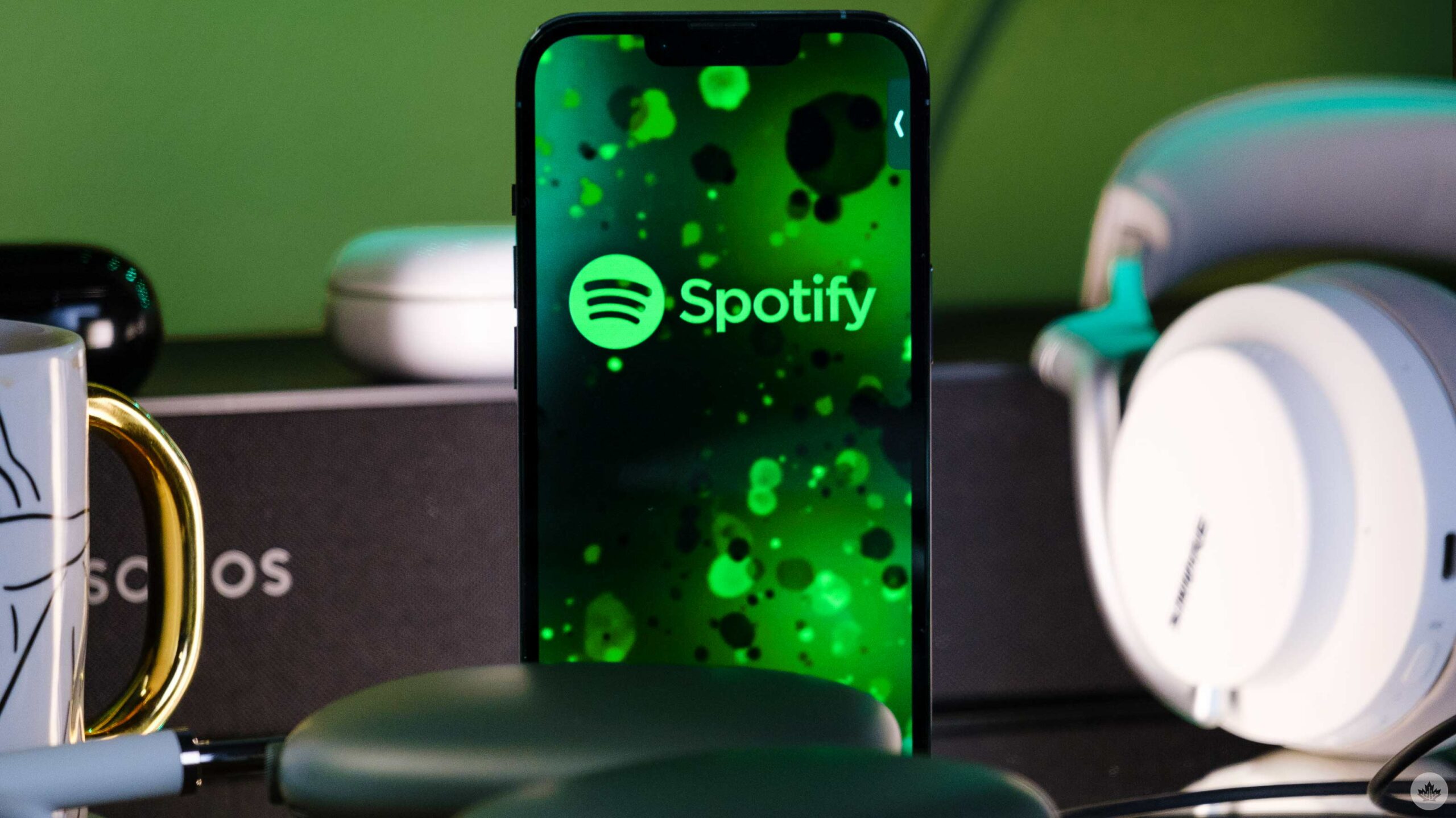
After years of tinkering with ways to incorporate live audio sharing with its users, music streaming giant Spotify has announced that it will be shutting down Spotify Live, one of the company’s standalone apps.
The app previously known as Spotify Greenroom launched in 2021 after the company acquired Betty Labs. Much experimenting with branding was done to the solo app, including renaming it to its current moniker, Spotify Live in April of 2022.
The company also began to integrate some of its features into the main Spotify app around this time. This included live audio conferencing and allowing independent artists the ability to live stream their music within the app. “We believe there is a future for live fan-creator interactions in the Spotify ecosystem; however, based on our learnings, it no longer makes sense as a standalone app,” a Spotify spokesperson told Music Ally.
Spotify did not rule out the possibility of pursuing other means of live audio sharing, however. The company said that it will “continue to explore moving forward to facilitate live interactions between artists and fans.” Despite this, the digital music service did confirm its plans to shut down Spotify Live (via Tech Crunch).
Even with the concept of live audio showing real promise, including being backed by CEO Daniel Ek just a few years ago, Spotify hasn’t managed to effectively put it into practice yet.
The decision to shut down Spotify Live comes not long after the termination of a handful of live audio shows in December 2022, indicating the company may be second-guessing its plans for live audio implementation.
It should be noted that Spotify is not the only company that has started to shy away from live audio. Facebook’s parent company Meta announced its plans to shut down select audio products, such as the audio-sharing tool Soundbites, in May 2022.
Source: Music Ally Via: Engadget


